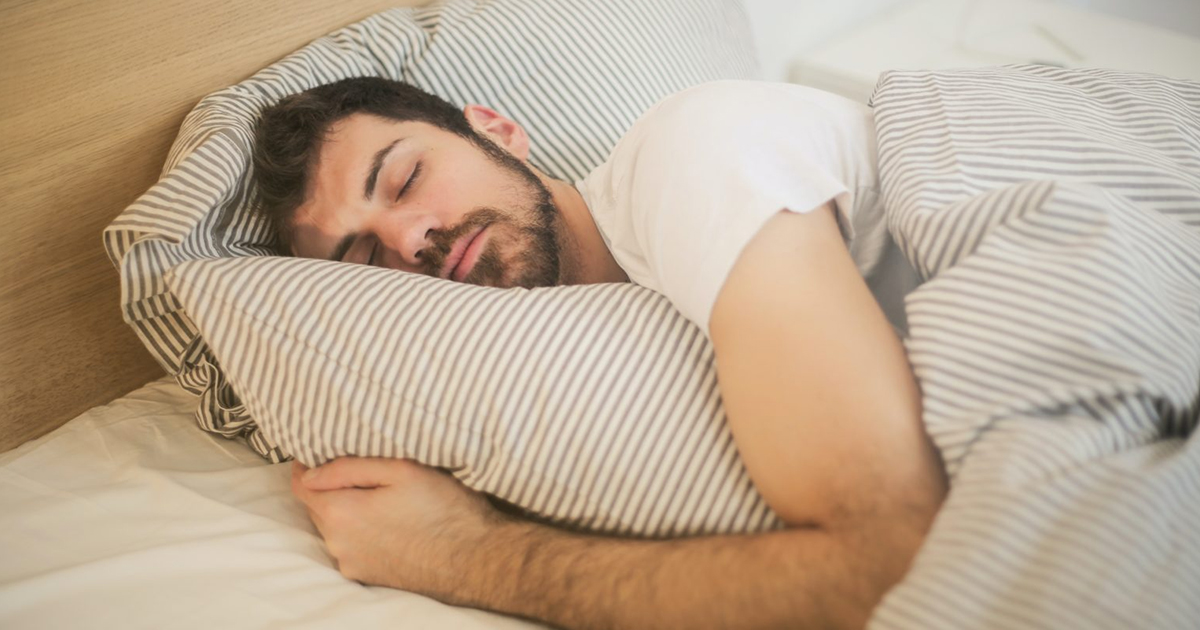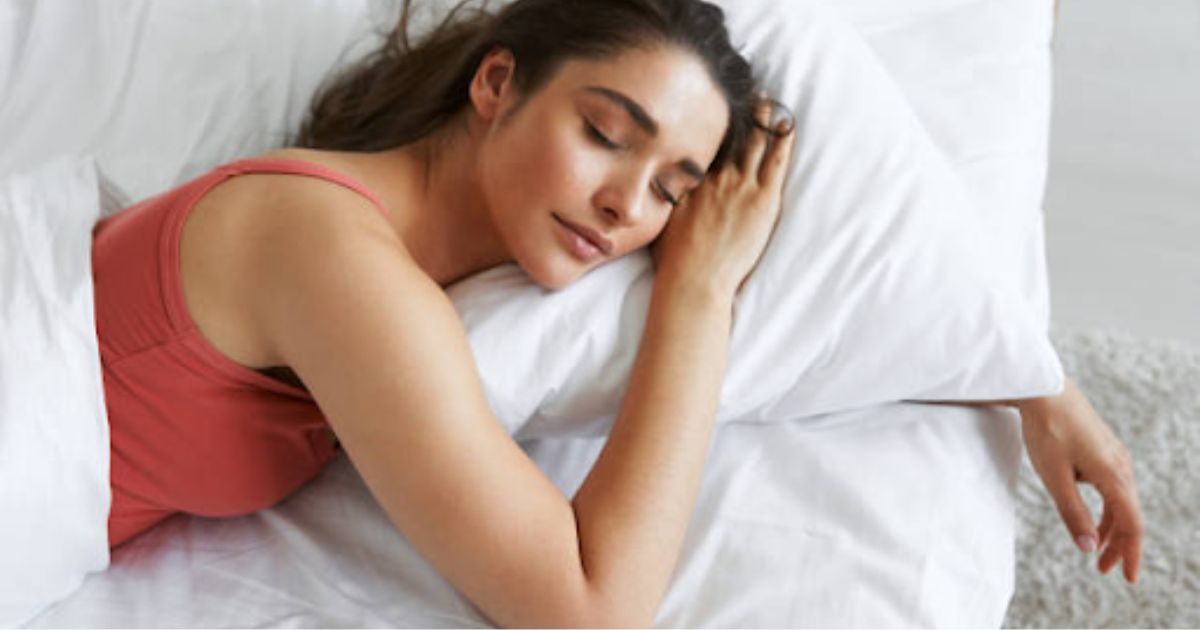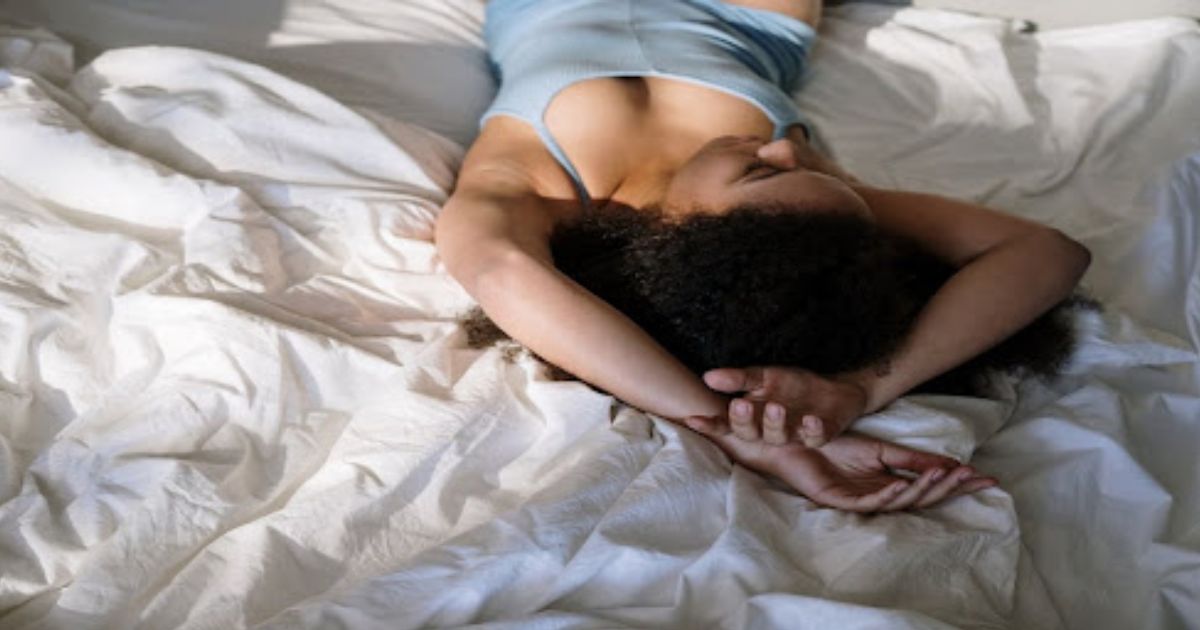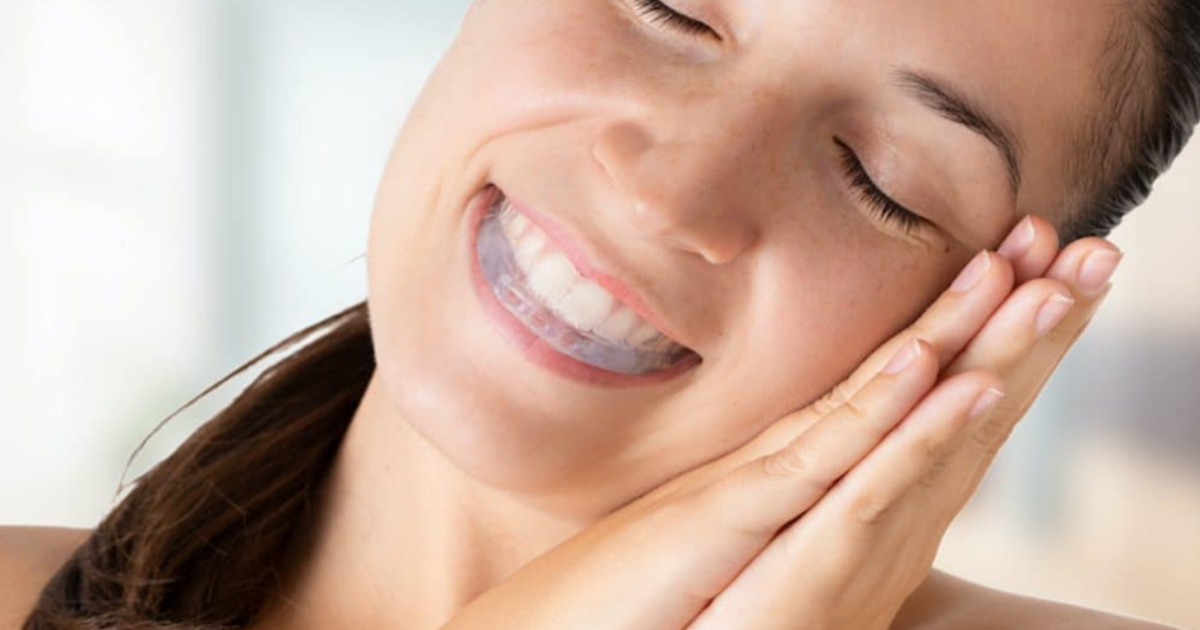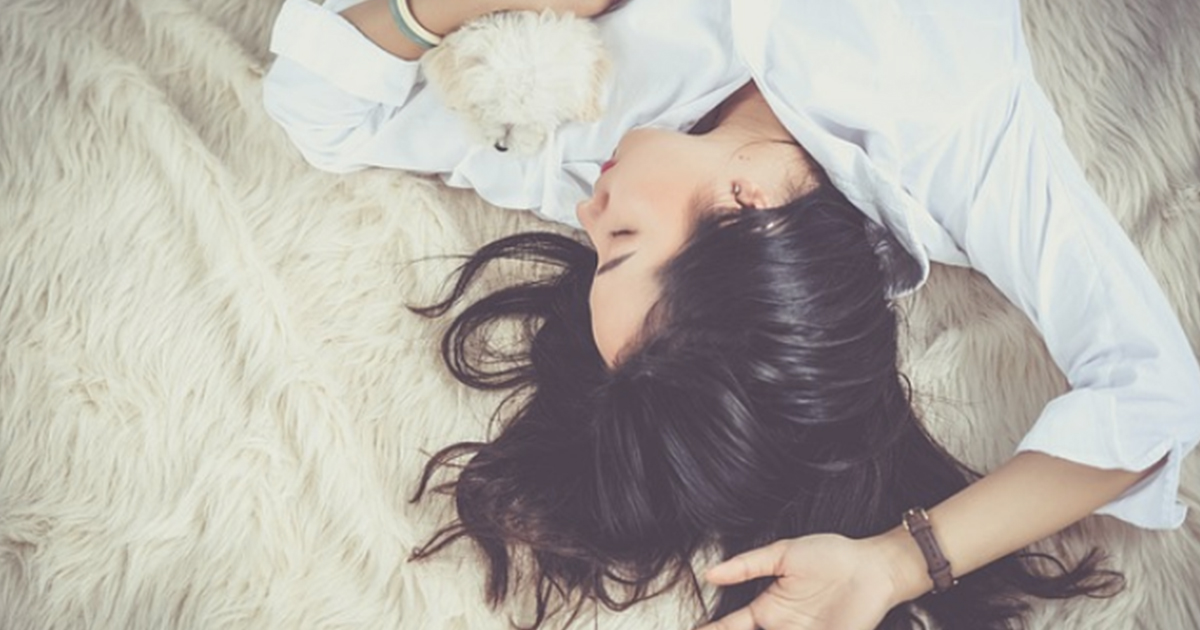Everyone knows what it is like to try and get through the day after a night of poor sleep. In America, we are notorious for trying to cram as much as possible into our waking hours, leading to a nation that suffers from chronic sleep deprivation. After all, there is a reason that America runs on Dunkin. The recommended amount of sleep for adults is right around 7 hours a night, a figure that 59% of people in the U.S. fail to meet. But what is preventing over half of the population from getting a full night’s rest? For many of us, the answer can be attributed to a sleeping disorder. Some common sleep disorders include insomnia, restless leg syndrome, narcolepsy, and sleep apnea. Sleep studies can help patients find the right diagnosis for what is preventing them from getting adequate sleep.
What is a Sleep Study
What is a sleep study? Sleep studies, or polysomnography, work by tracking body functions while the patient sleeps. The CPAP machine is the equipment used to track these functions. While the patient sleeps, it monitors for the following;
- Snoring
- Oxygen saturation
- Heart rate
- Brain waves
- Airflow
- Eye movement
- Body position
These studies are performed in sleep clinics and hospitals around the time the patient would typically go to sleep. Overnight, the CPAP machine will collect data that a sleep clinician can use to come to a diagnosis, and help you determine the most appropriate course of action.
Types of Sleep Studies
Sleep studies collect data to show what is happening in the body as the patient is sleeping. Different types of studies are designed to monitor and diagnose different disorders. The type of sleep study you need depends on the symptoms you are experiencing. Here are a few examples of the different types of sleep studies and what they test:
- Polysomnography– this test involves a sleep clinician monitoring a patient that stays overnight in a specialized clinic.
- Multiple Sleep Latency Test- this test monitors the time it takes for someone to fall asleep and how quickly they enter REM sleep during daytime naps. This is often used to test excessive day sleepiness.
- CPAP Titration– This type of study is used to monitor and treat sleep apnea.
- Home Sleep Apnea Testing– These take-home kits allow you to collect data about a patient’s heart rate, breathing, and other processes but are not overseen by a doctor.
How Much Does a Sleep Study Cost
Determining an exact sleep study cost can be difficult. The amount that is paid out of pocket depends on the type of insurance you have, the sophistication of the sleep study devices, the time of day, the duration of the study, where the study is done, and the type of study that is performed. If your doctor recommends a sleep study but your insurance denies you coverage, it never hurts to ask for an appeal. This process typically involves providing documentation on why the test is medically necessary, and your doctor can help you put together the paperwork.
Find Sleep Study Treatment with Jacksonville Sleep Center
If you feel that a sleeping disorder is preventing you from getting the night of rest that you need, Jacksonville Sleep Center is here to help. Diagnosing and treating a sleeping disorder is vital to leading a healthy and productive lifestyle. Dr. Nassar and Dr. Festic’s team of professionals specialize in diagnosing patients and guiding them toward long-term solutions. To learn more, give us a call or schedule an appointment with us today!

